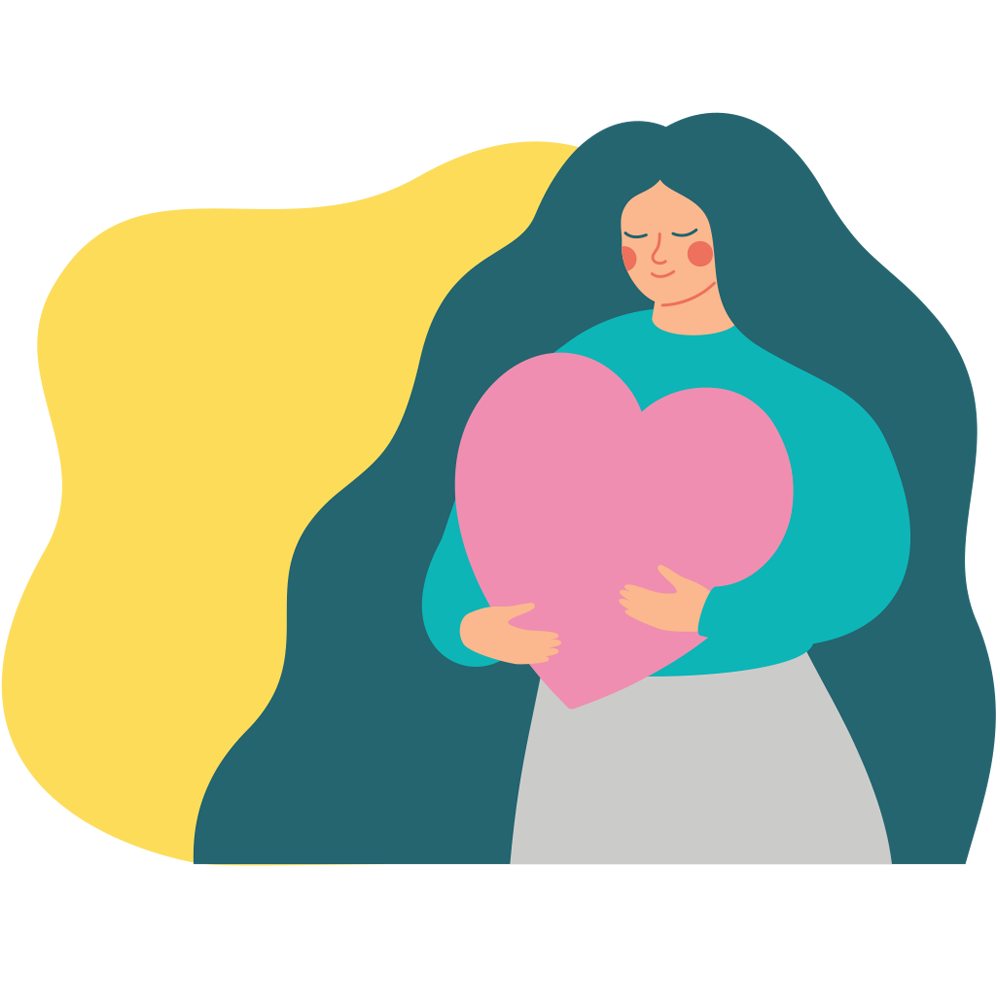
Author
Summary
When seeking therapy for mental health, you may come across different types of talk therapies. Two of the most well-known and effective approaches are Cognitive Behavioural Therapy (CBT) and Dialectical Behaviour Therapy (DBT). Both therapies aim to help individuals develop healthier thoughts and behaviours, but they have unique approaches and are used to treat different conditions. Here’s what you need to know about CBT vs. DBT and how they can support mental wellness.
What is CBT?
Cognitive Behavioural Therapy (CBT) is a structured, goal-oriented therapy that focuses on the connection between thoughts, feelings, and behaviours. It is based on the idea that our thoughts influence how we feel and act. By identifying and challenging unhelpful thought patterns, CBT helps individuals develop healthier ways of thinking and behaving.
CBT is commonly used to treat:
- Anxiety disorders (including Generalised Anxiety Disorder, Social Anxiety, and Panic Disorder)
- Depression
- Obsessive-Compulsive Disorder (OCD)
- Post-Traumatic Stress Disorder (PTSD)
- Phobias
- Eating disorders
- Substance use disorders
How Does CBT Work?
CBT helps individuals recognise negative thought patterns and restructure them into more balanced and realistic thoughts. It often involves practical techniques such as:
- Cognitive restructuring – identifying and challenging distorted thoughts
- Behavioural activation – engaging in positive activities to improve mood
- Exposure therapy – gradually facing fears to reduce anxiety
- Problem-solving skills – learning strategies to handle life challenges
What is DBT?
Dialectical Behaviour Therapy (DBT) is a form of CBT that was specifically developed for individuals who experience intense emotions, struggle with relationships, or engage in self-destructive behaviours. While it shares similarities with CBT, DBT incorporates mindfulness and acceptance-based strategies to help people regulate their emotions and improve interpersonal relationships.
DBT is commonly used to treat:
- Borderline Personality Disorder (BPD)
- Self-harm and suicidal behaviours
- Emotional dysregulation
- Eating disorders (such as binge eating disorder)
- Substance use disorders
How Does DBT Work?
DBT focuses on balancing acceptance and change. It helps individuals understand and validate their emotions while also encouraging them to make positive behavioural changes. DBT includes four core skills:
- Mindfulness – becoming aware of the present moment without judgment
- Distress Tolerance – learning to manage emotional pain in healthy ways
- Emotional Regulation – identifying and controlling intense emotions
- Interpersonal Effectiveness – improving communication and relationship skills
CBT vs. DBT: What’s the Difference?
While both therapies are effective, they cater to different needs:
| Aspect | CBT | DBT |
| Focus | Changing negative thought patterns | Balancing acceptance and change |
| Best for | Anxiety, depression, OCD, PTSD | BPD, emotional dysregulation, self-harm |
| Techniques | Cognitive restructuring, exposure therapy | Mindfulness, distress tolerance |
| Approach | Structured and problem-focused | Emotion-focused with mindfulness |
Which Therapy is Right for You?
The best therapy depends on your unique mental health needs. CBT may be beneficial if you struggle with anxiety, depression, or negative thinking patterns, while DBT may be more effective if you experience emotional instability or difficulty managing relationships.
Many mental health professionals incorporate elements of both therapies, tailoring the approach to suit each individual. If you’re unsure which therapy is right for you, a mental health professional can help guide you toward the best treatment plan.
Final Thoughts
Both CBT and DBT are powerful tools in managing mental health conditions, helping individuals build resilience, regulate emotions, and develop healthier thought patterns. If you or someone you know is struggling with mental health challenges, seeking support through therapy can be a life-changing step toward recovery and well-being.

Let us help you
If you’re interested in learning more about mental health therapies or accessing professional support, reach out to our team. Recovery is possible, and with the right support, you can build a healthier and more fulfilling life.
Contact our team on the details below or submit an online enquiry
Newsroom
Follow us
Thanks!
Related news stories


